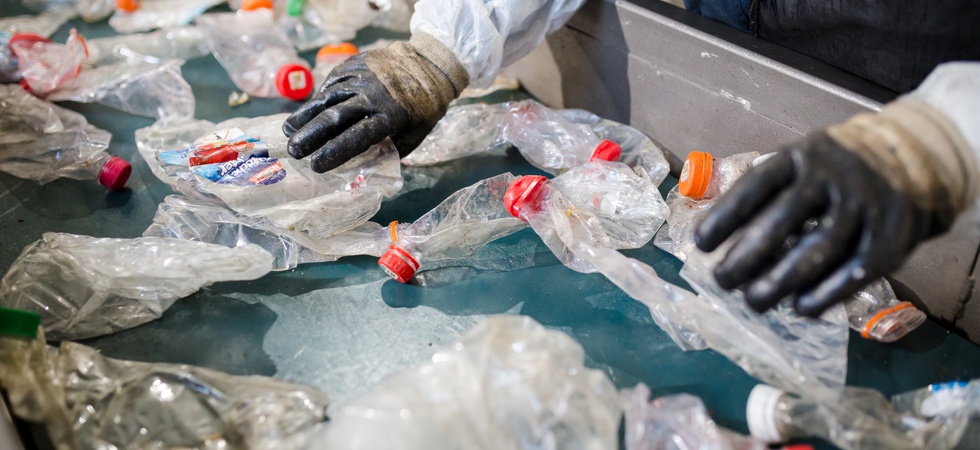How To Manage Hazardous Waste in Industrial Facilities
Managing industrial hazardous waste is one of the most critical responsibilities for organizations engaged in production and processing activities. Improper management endangers the environment, poses a significant threat to human health, and exposes companies to substantial legal risk. With growing regulatory requirements, understanding how to manage hazardous waste in industrial facilities is important for compliance and minimizing environmental impact.
Why Managing Industrial Hazardous Waste Is Critical
Industrial hazardous waste, including chemicals, solvents, and heavy metals, poses significant risks if mishandled. These materials demand specialized storage, transportation, and disposal to prevent water contamination, air pollution, and other environmental hazards. Proper management safeguards the environment, ensures regulatory compliance, and strengthens business reputation.
Step-By-Step Guide to Effective Waste Management
Effective waste management is important to build a cleaner, more sustainable future. By adopting a structured approach, you minimize waste, preserve resources, and positively impact your community. Below, we’re exploring practical strategies to manage waste responsibly and efficiently.
1. Identify and Classify Hazardous Waste
Not all industrial waste is hazardous, making identification a crucial initial step. Conduct a waste analysis to categorize materials based on toxicity, reactivity, and environmental impact. Understanding these characteristics allows you to develop a tailored waste management strategy.
2. Implement Hazardous Waste Profiling
Waste profiling involves documenting the chemical composition and hazards associated with waste materials. Creating detailed profiles supports safe handling and transportation. Regulations often mandate the maintenance of comprehensive records, making proper profiling a necessity for compliance.
3. Conduct a Waste Audit
Knowing the origin of your waste is important to improve waste management. Conducting a waste audit involves analyzing various production zones to identify the processes that generate waste. This analysis enables businesses to optimize workflows, minimize waste, and develop a streamlined waste reduction strategy.
4. Partner With Certified Waste Disposal Vendors
Transporting and disposing of hazardous waste requires expertise and specialized equipment. Collaborate with certified waste-handling vendors who comply with all regulations. Make sure vendors provide documentation to verify proper disposal procedures.
5. Develop Employee Training Programs
Employees play a significant role in ensuring that you manage hazardous waste correctly. Design organizational training programs to instruct workers on proper handling procedures, emergency response protocols, and compliance requirements.
6. Review Procedures and Metrics Regularly
Effective waste management is a dynamic process that requires constant monitoring and adjustment. Regularly review your practices and performance metrics to ensure that your waste strategies remain compliant with evolving environmental laws.
Driving Sustainable Waste Management Practices
Beyond compliance, sustainable waste management offers businesses an opportunity to reduce their carbon footprint and adopt environmentally responsible practices. Recycling hazardous materials, using eco-friendly technologies, and minimizing waste generation are just a few ways to elevate sustainability in your processes.
Properly managing industrial hazardous waste protects communities, conserves the environment, and reflects corporate responsibility. By assessing your current practices and adopting proactive strategies, your organization can make a positive contribution to sustainability efforts while mitigating risk. Take the first step toward safer, more effective hazardous waste management today.

